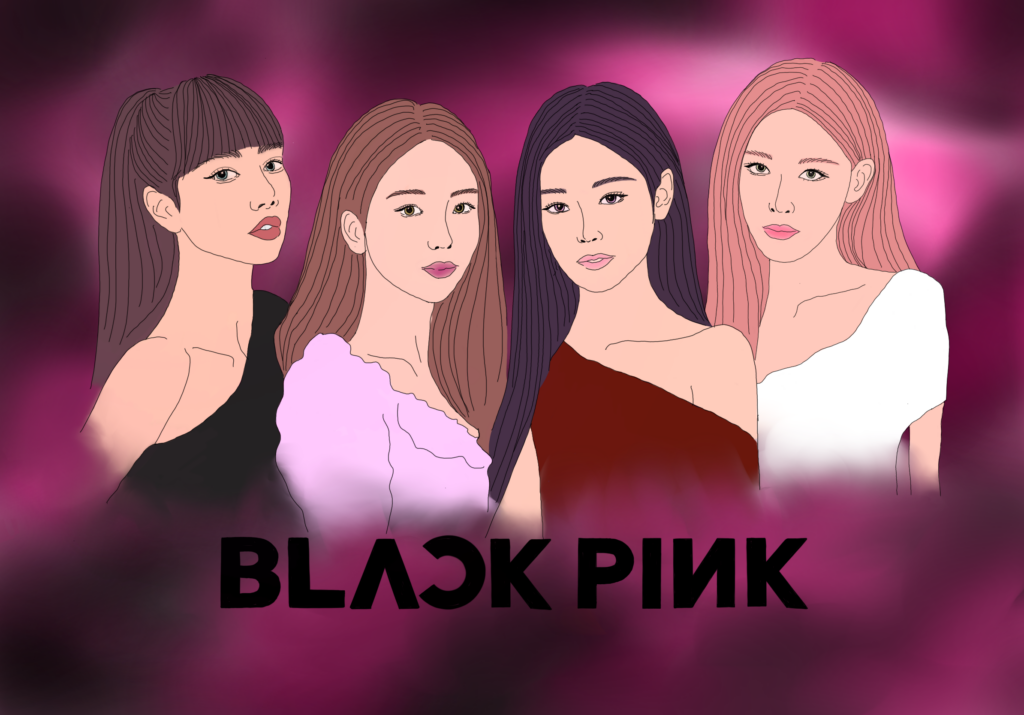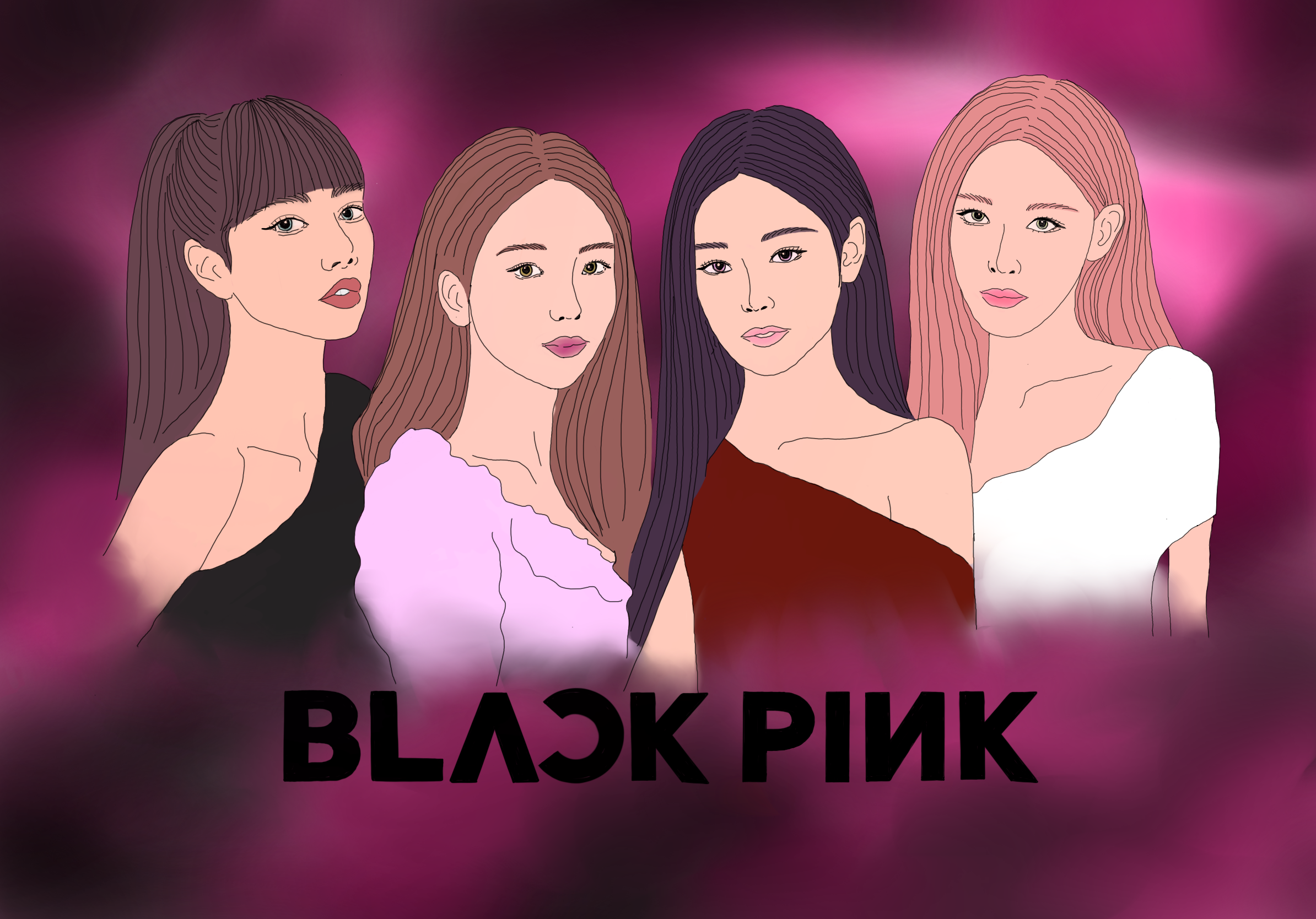As someone who’s been a K-pop fan since 2016, I’ve noticed a lot of changes in the industry.
Back in 2016, the boy group BTS was a sensation purely for their Korean music. But recently, more and more songs from BTS and other groups are being released in English to appeal to an American audience.
Personally, I don’t mind English songs. However –– and this is where my opinion gets controversial –– it upsets me that idols aren’t required to at least learn basic English to communicate with the fans they’re trying to advertise to.
Take Japan for instance. Most idols, especially those in the “big four” entertainment agencies (HYBE, JYP, SM, and YG), have to learn Japanese because they frequently promote in Japan and release Japanese music. Some SM groups in the past, such as EXO, even had to learn Chinese to promote in China. So why can’t K-pop idols learn English too?
I get that it’s a hard language, but these companies are aiming for #1 on the Billboard Hot 100 and Grammy nominations. International fans work really hard toward these accomplishments by streaming and voting but are often ignored by their idols because of the language barrier.
For example, take Jungkook, a member of BTS who recently released a solo album. I remember listening to this new album and realizing it was entirely in English. I thought he’d learned the language to promote in the U.S., but when I watched an interview he did on Good Morning America, he was struggling. I don’t blame this on the idols but rather on the companies — if they want to suck international fans’ pockets dry, they should at least give their idols proper English instruction. Or just not make English music at all.
The next change I noticed is the rapid capitalization of K-pop. It’s become less about the quality of the music and more about getting out as many comebacks and album versions as possible to maximize profit. JYP particularly loves doing this, often giving their idols over eight different album types per comeback and multiple different photo cards to collect.Let’s also not forget about the multiple versions of lightsticks. Why can’t there just be one? Wanting to upgrade the design is fine, but forcing all fans to buy the new version by disabling the old one is a jerk move. Those lightsticks cost a minimum of $60.
Online awards shows also cost money now. KBS used to be free, but now it requires an Amazon Prime subscription. Similarly, SBS Gayo Daejeon requires a paid ticket to access the livestream. When I first got into K-pop, I remember finding full award shows on YouTube for free.
But these aren’t the only costs of being a K-pop fan. There’s also Weverse membership fees, season’s greetings, and if you’re a lucky fan,concerts. All of these expenses add up, making it a really pricey time to be a K-pop fan.
Of course, you don’t have to give in to capitalism. But it’s hard not to when you want to support your favorite artists. With so many specialized brand collaborations, companies make it really easy to give in.
I miss when the K-pop industry was focused on making quality comebacks that may have happened less often, but were worth the wait. Now, it feels like the companies only care about the money and not the fans that allow their artists to succeed in the first place.


